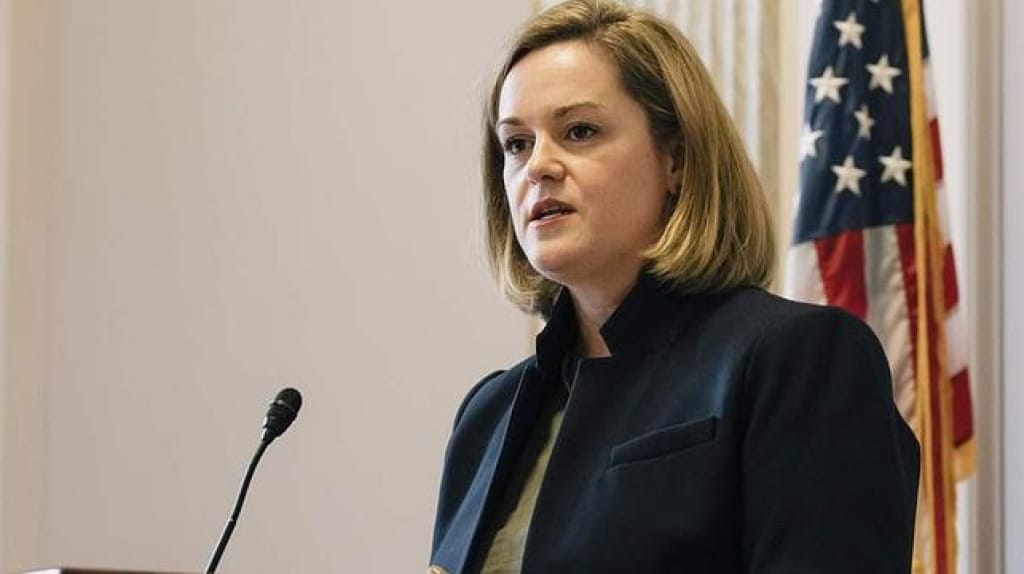Pew Calls on NTIA to Disclose BEAD Waivers
Without public disclosure, states lack clarity on how NTIA has granted BEAD waivers.
Jericho Casper

WASHINGTON, Feb. 25, 2025 – States don’t have a clear picture of how federal waivers are shaping implementation of the $42.5 billion Broadband Equity, Access, and Deployment program. Pew Charitable Trusts said that should change.
The organization called on the National Telecommunications and Information Administration to publicly disclose all past waivers granted under BEAD, arguing that transparency would improve consistency and fairness across states.
Kathryn de Wit, director of Pew’s broadband access initiative, told Fierce Network that while states often share information informally, making these waivers public would provide clarity on approved adjustments and ensure equitable treatment across jurisdictions.
“States know about the waivers because they are sharing them among themselves. We’re encouraging NTIA to make those public, so people know the options that have been approved until now,” de Wit said. “Not all of them are public, but they are related to shared challenges that states have.”
NTIA has the authority to grant waivers on a case-by-case basis, but it has not published details on how these decisions were being made. Without public documentation, it’s unclear whether waivers have been granted consistently.
Some of the biggest obstacles to BEAD deployment — including permitting delays, Build America, Buy America compliance, and letter of credit requirements — have already been the subject of NTIA-issued waivers. If NTIA has allowed certain states flexibility on these issues, but not others, that could create disparities in broadband rollouts nationwide.
Pew’s recommendation comes as BEAD enters a critical stage: All 56 states and territories have had their BEAD initial proposals approved, and at least 19 states were already reviewing project bids.
Pew was also recommending that NTIA look to existing permitting processes from other federal broadband programs rather than introducing new ones. De Wit stressed that such an approach would build trust among states and ISPs and ensure the program remains on track.
“We’re hoping they queue off of the recommendations that we’ve provided,” de Wit said. “Members of Congress and the states are eager to get shovels in the ground. We have high participation of ISPs, which indicates they are acting in good faith and are ready to get moving.”









Member discussion